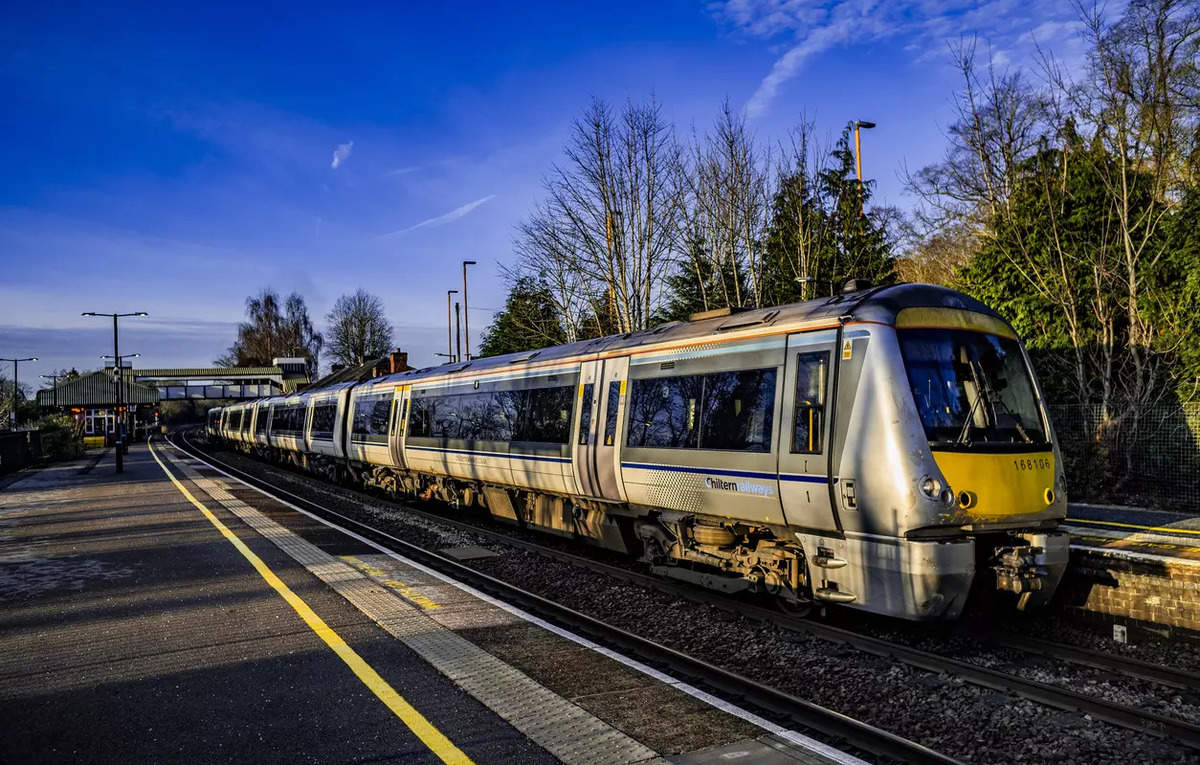Plan to renationalise UK railways gets green light – ET Infra

Legislation put forward by the UK’s new Labour government to renationalise the country’s rail services, most of which are privately owned, was on Wednesday given the go-ahead by parliament.
The bill will bring rail operators into public ownership when the private companies’ contracts expire -or sooner in the event of poor management -and will be managed by “Great British Railways“.
The TSSA rail union hailed the law as a “landmark” after an attempt by the opposition Conservatives to amend the legislation was defeated in the House of Lords, the upper house of parliament, by 213 votes to 210.
“This really is a landmark moment paving the way for our railways to return to public hands, where they belong, as a vital service,” said TSSA General Secretary Maryam Eslamdoust.
Labour triumphed over the Conservative party in elections on July 4, re-entering Downing Street after 14 years in opposition with promises to fix the country’s ailing transport services.
The government has said it will be able to avoid having to pay compensation fees to rail operators, with all the current contracts set to expire by 2027. The privatisation of rail operations took place in the mid-1990s under the Conservative prime minister John Major, but the rail network remained public, run by Network Rail.
Four of 14 operators in England have been taken over by the state in recent years because of poor performance, but this was meant to be a temporary fix before a return to the private sector.
The main rail operators in Scotland and Wales, where transport policy is handled by the devolved administrations in Edinburgh and Cardiff, are also state-owned.
British railways have faced a constant stream of strikes over pay and conditions in the last few years due to a cost-of-living crisis. Train cancellations are commonplace and passengers regularly complain about high ticket prices.
Related
Major military infrastructure upgrade completed at Leuchars
Upgraded facilities have been delivered for The Royal Scots Dragoon Guards and 2nd Battalion Royal Electrical and Mechanical Engineers, including refurbished o
UK public EV charge points surpass 75,000 as infrastructure booms
The UK’s electric vehicle (EV) charging infrastructure has hit a significant milestone, with the number of public charge points surpassing 75,000. According t
Infrastructure firm strengthens UK presence with Brierley Hill warehouse |…
National infrastructure service provider MJ Quinn has secured a newly refurbished industrial site in Brierley Hill as part of its ongoing UK ex
UK: Work Begins on New Railway Station in Okehampton
Initial work has begun to build a new railway station in Okehampton, Devon. The new 15 million GBP station, named Okehampton Interchange, will connect We














